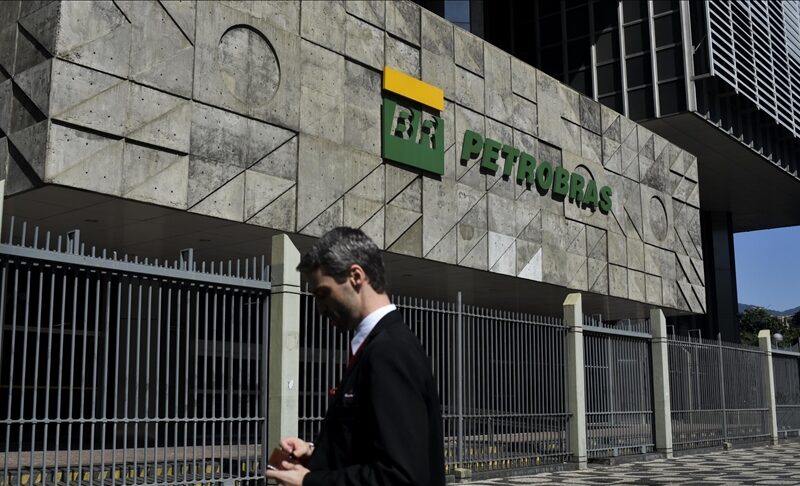The group did not go into detail about whether or not voluntary cuts would continue starting in January.
Brazil will join the Organization of Petroleum Exporting Countries (OPEC) and its allies, known as OPEC+. The group also confirmed that they will collectively reduce output by 3.6 million barrels per day (bpd) to the end of 2024. These announcements were made on Thursday.
The decision was made by videoconference during the 36th OPEC and non-OPEC ministerial meeting, which was hosted in Vienna, the capital of Austria.
In a statement released following the meeting, OPEC+ said that they supported their earlier decisions to reduce production in order “to ensure a stable and balanced oil market.”
The group did not clarify if the voluntary reduction by Saudi Arabia and Russia, among other members, will persist after January. International media sources, however, stated that the voluntary reduction would be announced separately by each member countries.
Saudi Arabia has been supplying the group with a combined cut of 2 million barrels per day (bpd) until the end of 2024, starting in October 2022. Furthermore, as part of the overall reductions of about 1.6 million bpd, Saudi Arabia is setting the example with cuts of 500,000 bpd beginning in May.
In addition, the nation declared in July that it would implement a second voluntary cut of one million barrels per day, which would end in December.
Russia committed to reducing its oil output in two different ways: first, by 500,000 barrels per day starting in April and continuing through the end of 2024; second, by 300,000 barrels per day until the end of this year.
Production caps updated for the next year
As decided upon at the June ministerial conference, OPEC+ finished evaluating the output quotas of its three members.
Three independent sources of data—IHS, Wood Mackenzie, and Rystad Energy—indicate that Angola, Congo, and Nigeria may hit production levels of 1.11 million bpd, 277,000 bpd, and 1.5 million bpd, respectively.
Brent drops by over 1.5%.
By the time the conference ended, the price of Brent had dropped to $81.50 a barrel, a daily decrease of 1.66%.
At the same time, the US benchmark West Texas Intermediate (WTI) fell 1.76 percent to $76.58 per barrel.











